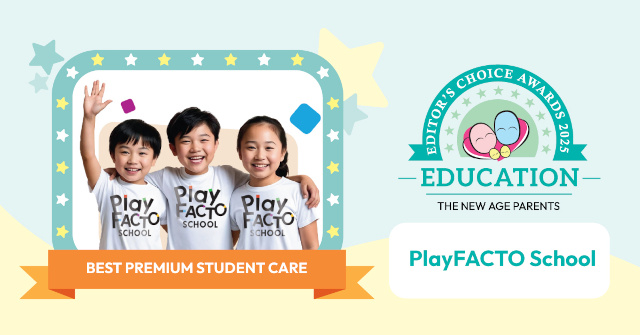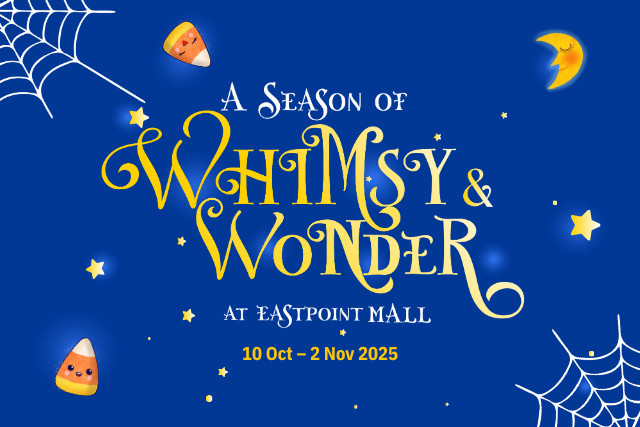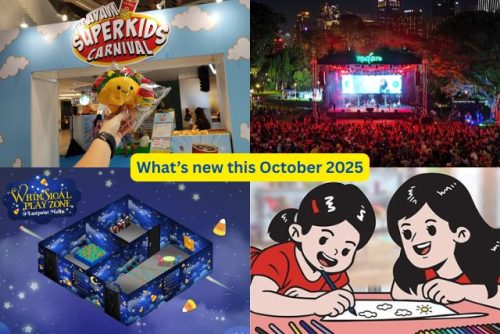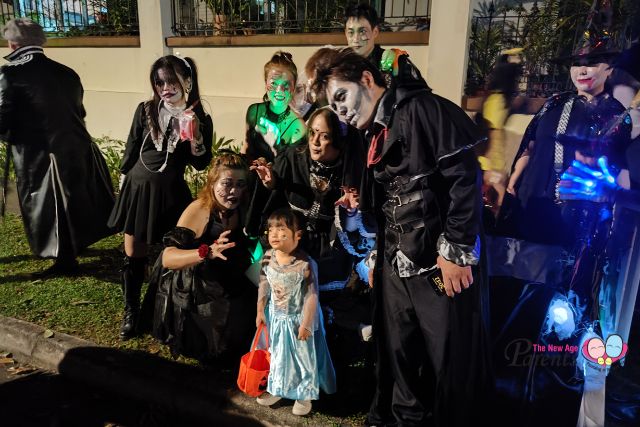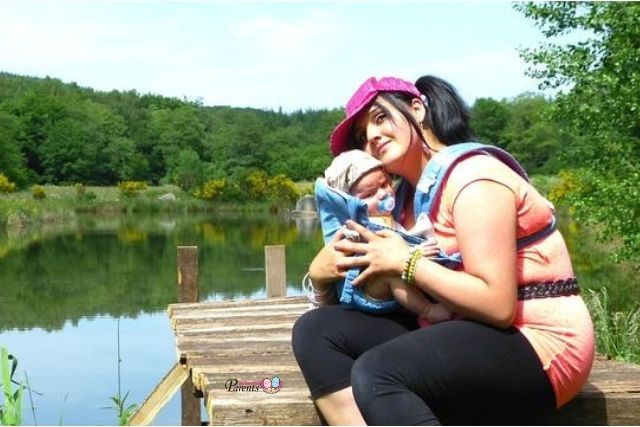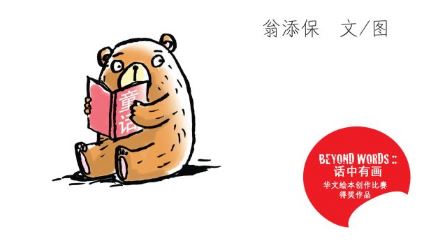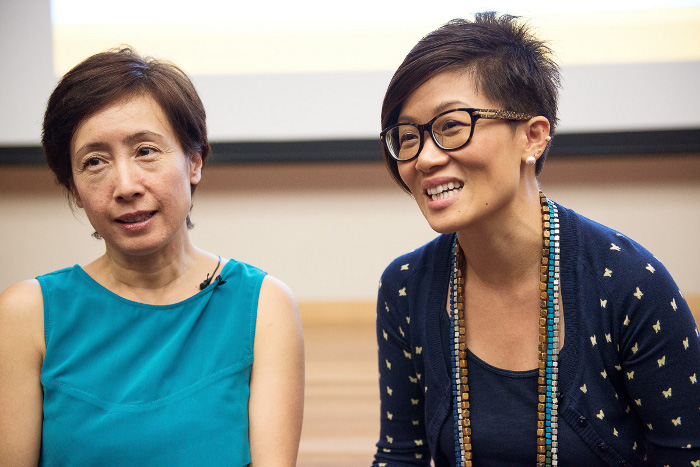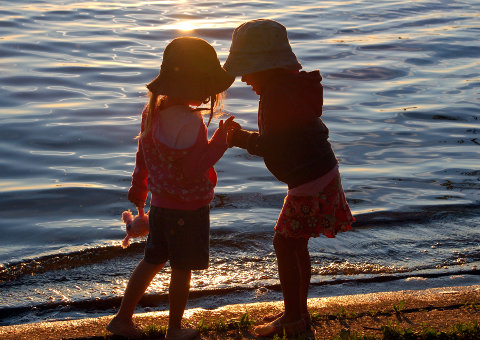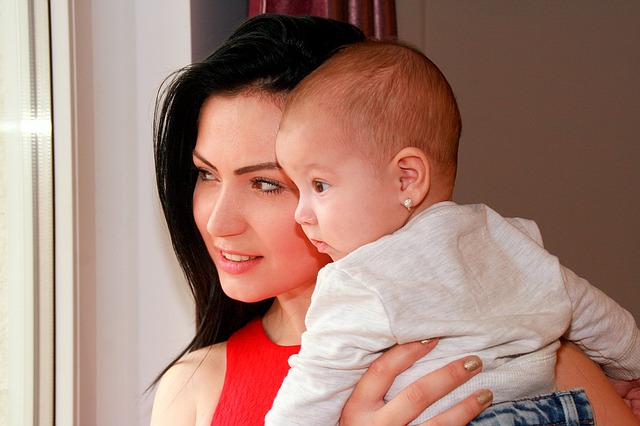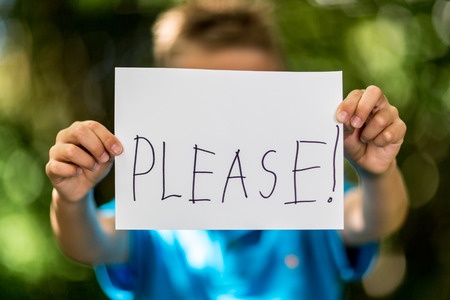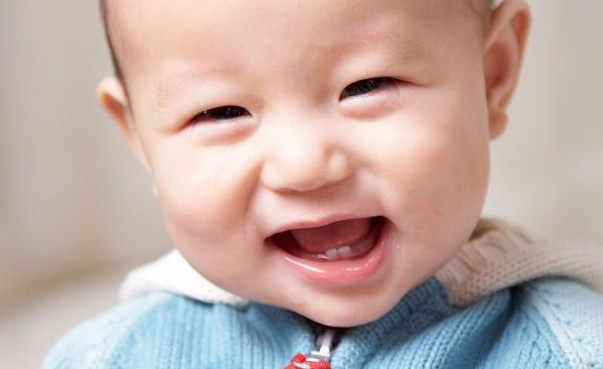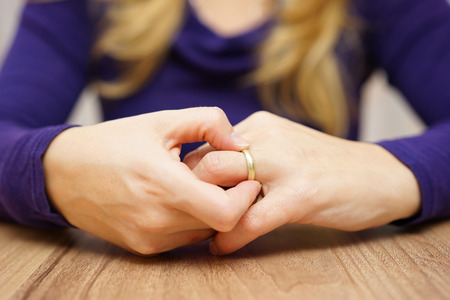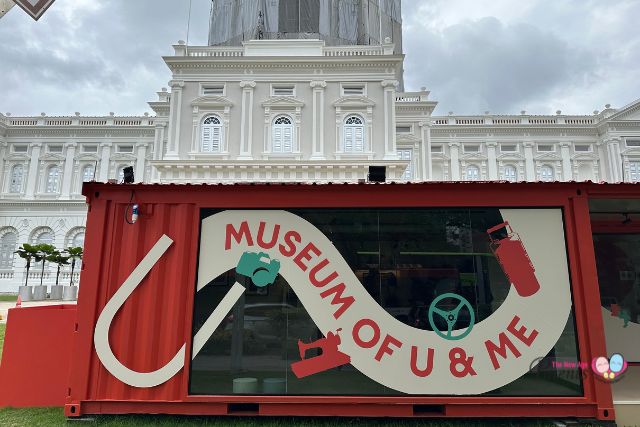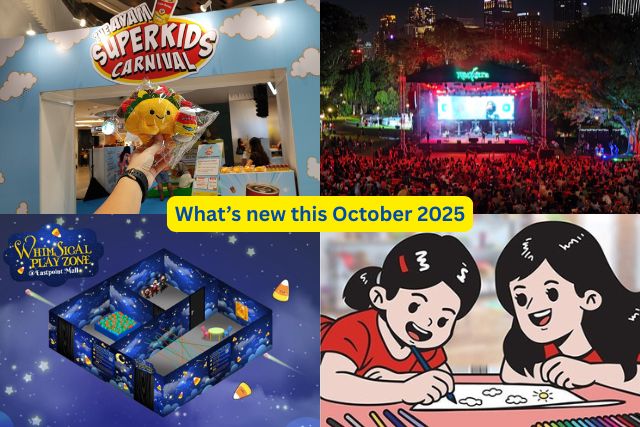One of my memorable moments from my teaching days would be that of a parent getting flabbergasted over her son’s first crush. “But teacher! He’s only five, how can he even think like that?!” I doubt I will ever forget the mother’s reaction; thankfully it was not my first encounter with such a situation.
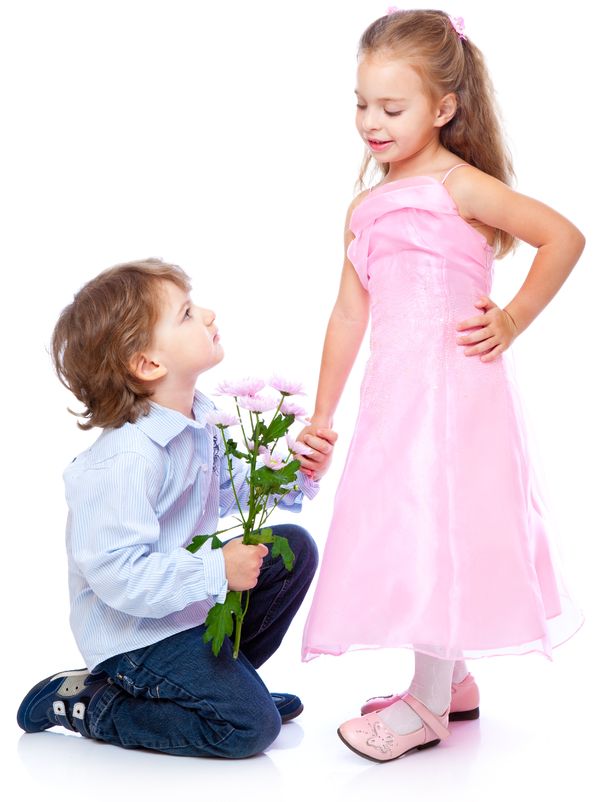
As human beings, we have an innate need to show and receive affection from the time we are born. As we grow older, we learn to demonstrate our affection in various forms. This understanding and demonstration of affection differ from child to child; depending on their individual personality and context in which they have been raised.
It is not unusual to find that a child who has been showered with lots of hugs and kisses from their loved ones to display the same behaviour in his or her preschool. Children love to imitate their parents, and this behaviour is heightened in their preschool years. They are quick to hug and kiss a friend or preschool classmate — just like Mommy and Daddy.
Therefore as adults, it is essential for us to fully understand the socio-emotional development within preschoolers; who at this point, are beginning to create their understanding about friendships and relationships with others outside their family.
Unfortunately, there is no generic fool-proof answer to your preschooler’s puppy love. The utmost important rule as adults is not to over-react. Instead, play the role of a facilitating parent, and guide your child’s new feelings and emotions in a healthy direction.
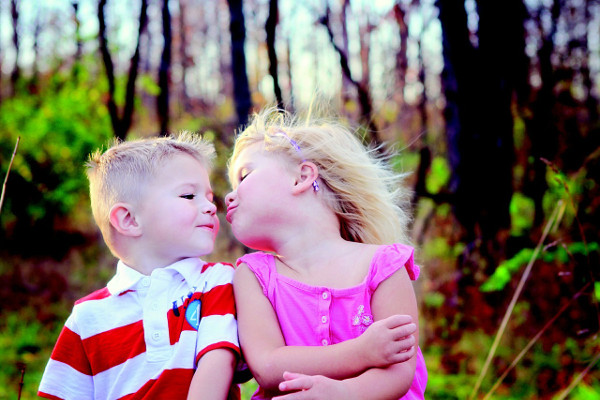
Here are four tips you might want to keep in mind when the puppy love conversation springs on you!
#1 Understand that your child’s take on “love” is very different from that of adults.
#2 Use the situation as an opportunity to teach your preschooler healthy emotional skills. Questions like “What do you like about him/her?” will help your child express their feelings – which is always healthy. Remember to keep your reaction nonchalant, while maintaining interest. Try not to show your dismay.
#3 Let your child know that it is okay to have relationships and suggest age-appropriate ways in which he/she can interact and display their emotions. Take note of appropriate things your child does for the person, and acknowledge them. “It was sweet of you to loan Susan your crayons when she forgot hers,” or “I thought it was nice that you took turns playing the swing with Ryan.”
#4 To curb kisses, hugs, and marriage proposals, you might want to inform your child that these are adult-like things that Mommies and Daddies do. Suggest instead activities in which they can engage in which you deem appropriate.
Again, the primary rule here is not to over-react. Chances are, it’s a matter of time before your child grows out of their puppy love!
By Ann Thomas
An Early Childhood Professional, she has spent 7 years teaching and supervising preschoolers. Creative and design enthusiast, she blogs over at Little Red Bus; – an inspiration outlet for all things creative and child-oriented.
If you liked this story, show some love by liking and sharing it at the bottom of the post.
Like what you read and want more? Receive our latest articles and giveaways when you sign up on our mailing list here.















